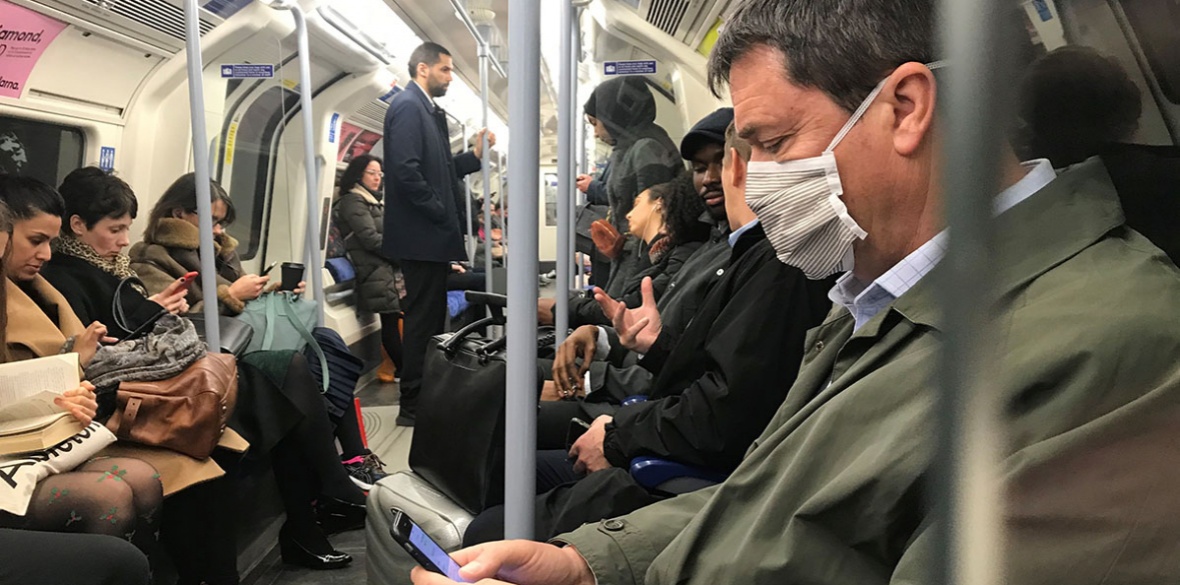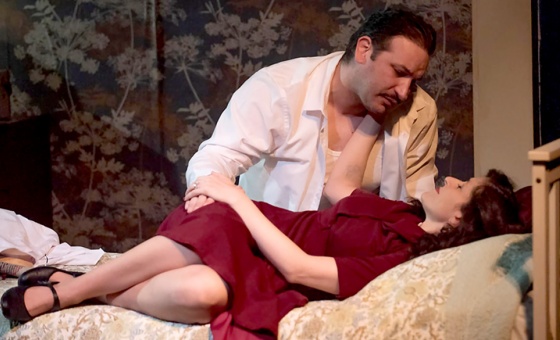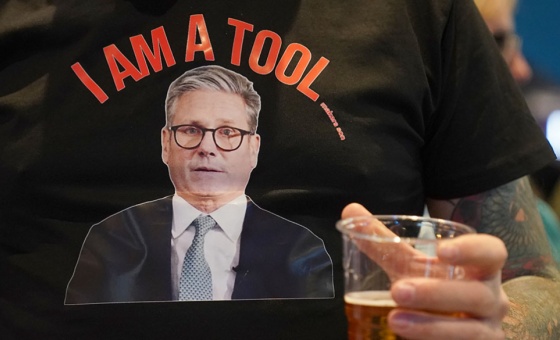This is the last article you can read this month
You can read more article this month
You can read more articles this month
Sorry your limit is up for this month
Reset on:
Please help support the Morning Star by subscribing here
UNIONS accused Boris Johnson of shifting responsibility for workers’ safety away from his government today after he announced it would be up to bosses to see a return to workplaces in two weeks’ time.
The PM’s easing of work-from-home guidance appears to contradict recommendations from his chief scientific adviser Sir Patrick Vallance, who has said there was “absolutely no reason” to change previous advice.
Chief medical officer for England Professor Chris Whitty has also warned that social distancing measures will need to stay in place until the discovery of a Covid-19 vaccine or highly effective treatment.
Today, he told a Lords committee social distancing “remains an important part of this mix” of measures to stem the disease’s spread, which will “need to continue for a long period of time.”
Mr Johnson said the experts had taken part in a Cabinet discussion before he announced the relaxation of rules today but added “in the end decisions are taken by elected politicians.”
The Trades Union Congress (TUC) accused him of “passing the buck” on workers returning to workplaces to employers, risking decisions being made on the grounds of profit rather than public health.
General secretary Frances O’Grady said any return should happen in a “phased and safe way” — dependant on implementing a fully functioning NHS test and trace system, which Britain does not have.
She also called for higher payments to people who have to self-isolate by increasing the £95-per-week statutory sick pay, and “greater investment” in public transport for those returning to the daily commute.
In his speech today, Mr Johnson scrapped advice for people to avoid using public transport in England, and claimed that there was capacity on transport from 9am-4pm.
Train drivers’ union Aslef described his decision to “beg” masses of people commute to work in order to boost the economy as “too much too soon.”
General secretary Mick Whelan said ministers have “become the masters of mixed messaging and misleading information.”
He added: “We cannot deliver safely anywhere like the [passenger number] peaks of the past and we are not convinced that this is the right time to relax procedures designed to keep passengers, and staff, safe from Covid-19 on public transport in Britain.”
Transport union TSSA general secretary Manuel Cortes accused ministers of “a litany of mixed messages” and an eagerness to “pass the blame for its mishandling of the pandemic” to “get themselves off the hook.”
Mr Johnson also said most leisure centres will have also reopened by August 1. Wedding receptions for up to 30 people will also be allowed, and bowling lanes, skating rinks, casinos and beauticians can reopen as long as they have measures in place to reduce virus transmission.
Indoor and sporting performances with live audiences can resume from October if pilots are successful, while nightclubs and soft play areas will have to remain closed.
Mr Johnson said that he hoped for a “significant return to normality” in England from as early as November “possibly in time for Christmas.”
He also detailed plans to contain and extinguish local outbreaks of coronavirus to avoid another national lockdown.
Mr Johnson announced an extra £3 billion funding for the NHS in England, and extra cash for the devolved nations, to allow Nightingale hospitals to remain open and for private hospital capacity to be used until the end of March to cope with an expected second spike in the coronavirus during the winter.
A report commissioned by Mr Vallance warned there could be 120,000 hospital deaths in a “reasonable worst-case scenario.”
Labour leader Sir Keir Starmer said he needed to examine “the precise details” of the PM’s plan but warned him against leaving “social care out of the priorities” in a call for funding.











